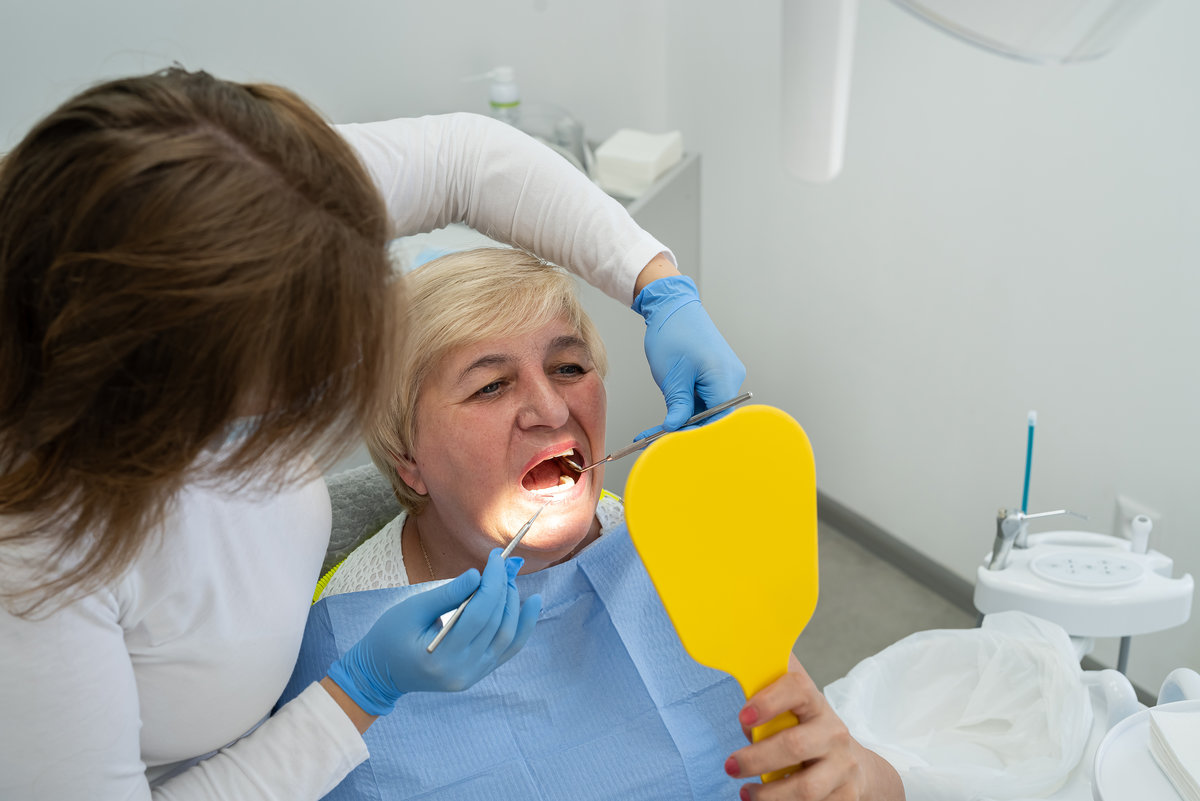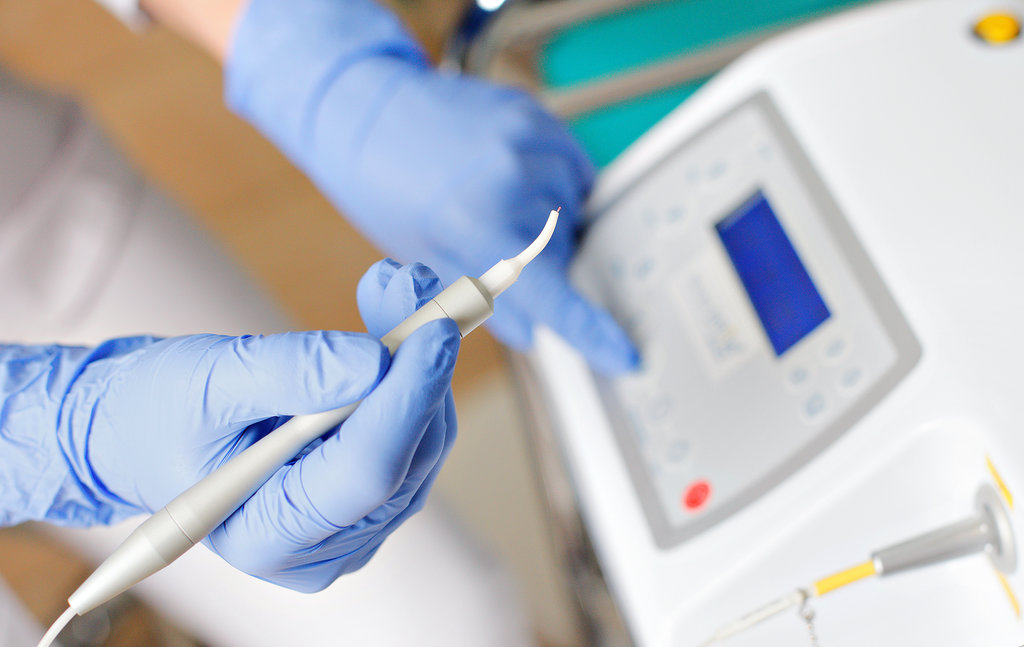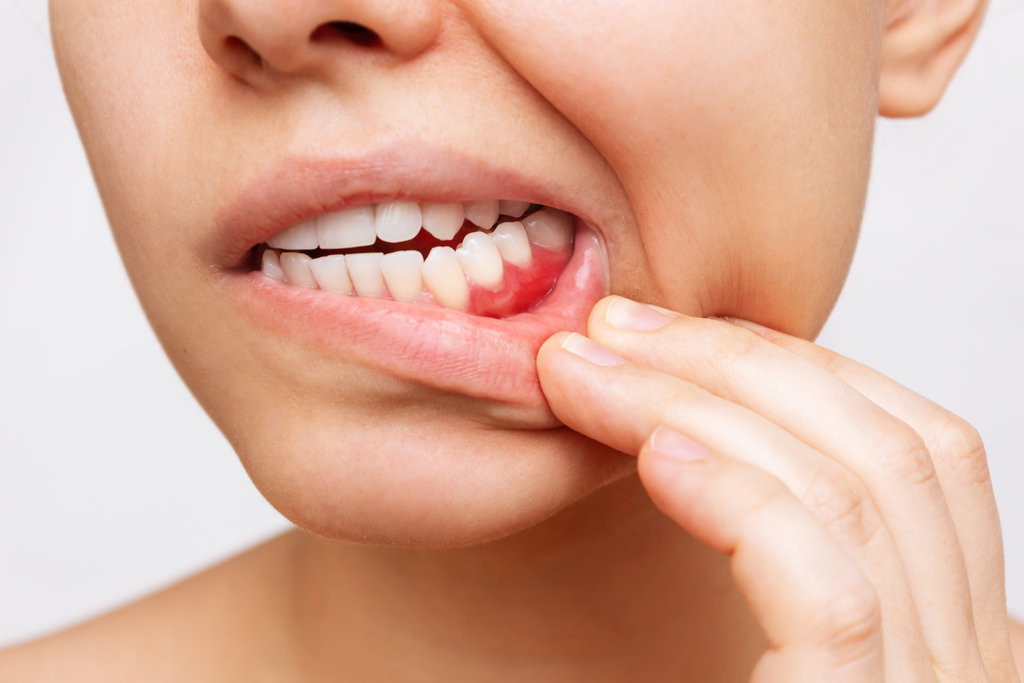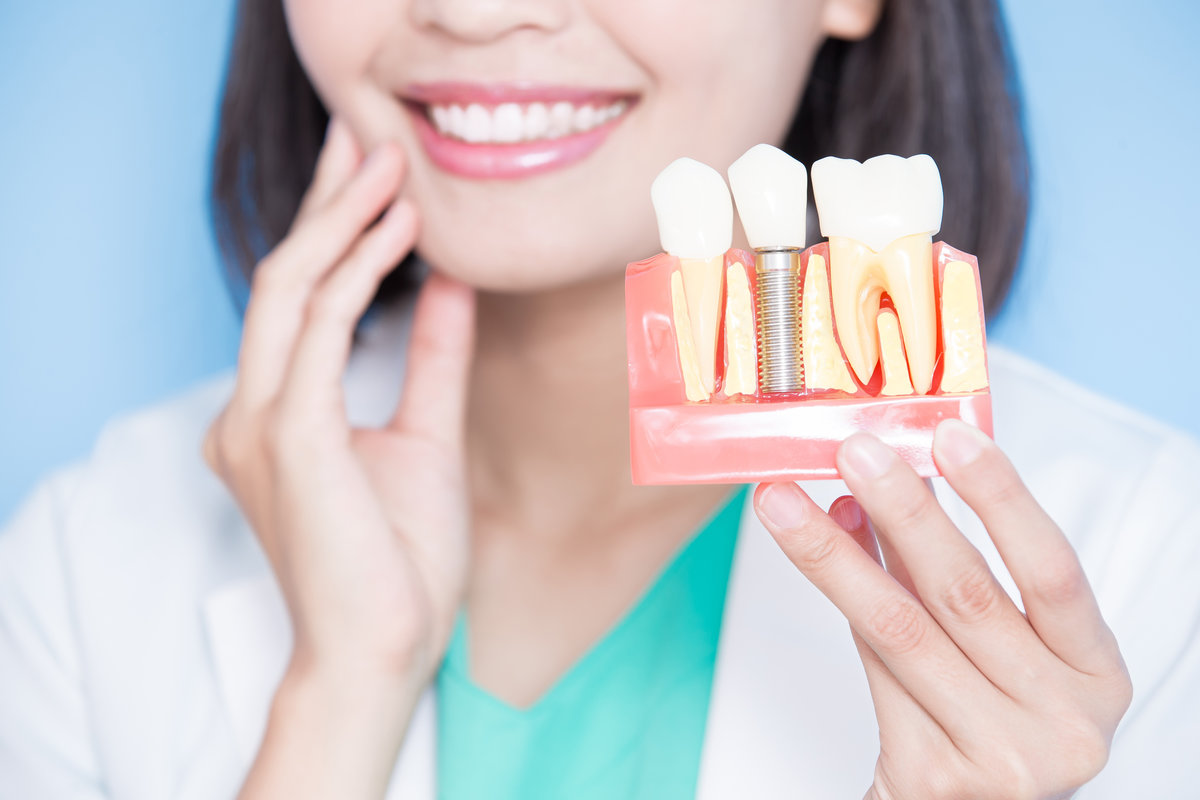The discomfort and healing following gum surgery can feel overwhelming, but you’re not alone on this post-treatment journey. The soreness you feel, the dietary adjustments you need to make, and the careful attention to your oral care routine are all temporary steps after your surgery that can lead to healthier gums and a more confident smile. This transitional period, while challenging, is an investment in your long-term oral health that will soon pay off.
At Advanced Periodontics of N.J., we’re committed to supporting your recovery journey. Our experienced team provides comprehensive guidance to help you confidently navigate the post-surgery period. Located in River Edge, New Jersey, our specialists offer personalized care plans tailored to your procedure and needs.
The First 24 Hours: Critical Care Period
The initial 24 hours after gum surgery lay the foundation for the success of your healing. During this time, your body begins the recovery process, and proper care can dramatically impact your path forward.
Managing Bleeding and Blood Clots
Some bleeding is normal after periodontal surgery and should stop quickly. Here are some guidelines to help control bleeding in this initial 24-hour period:
- Apply gentle, consistent pressure with a clean piece of gauze or a moist tea bag to the surgical site for 20-30 minutes
- Avoid excessive spitting or rinsing, which may dislodge blood clots
- Sleep with your head elevated to limit blood flow to the surgical area
- Limit physical activity and exertion for the first 24-48 hours
Don’t worry if you notice some bleeding from the surgical site. A small amount of blood mixed with saliva can look more dramatic than it actually is. However, if bleeding persists or becomes heavy after applying pressure, contact our office immediately.
Pain Management Strategies
Discomfort following gum surgery is common but manageable. Your periodontist will likely prescribe medications or recommend over-the-counter pain relievers to control your symptoms. Take all medicines exactly as directed and stay ahead of the pain by taking medication before your anesthetic wears off completely.
Cold therapy is also effective for reducing both pain and swelling. Apply a cold compress or ice pack to the outside of your face near the surgical area for 20 minutes, followed by 20 minutes off. Continue this rotation for the first 24-48 hours, being careful not to apply ice directly to the skin.
Nutrition and Hydration During Recovery
What you eat and drink post-gum surgery plays a significant role in your healing process. Proper nutrition promotes tissue repair and immune function. In addition, you should avoid certain foods that can harm your surgical site.
Foods to Eat
For the first few days after surgery, focus on soft, nutrient-rich foods that require minimal chewing. These foods include:
- Protein-rich smoothies with yogurt or protein powder
- Lukewarm (not hot) soups and broths
- Mashed potatoes, avocado, and other soft vegetables
- Scrambled eggs and soft-cooked fish
- Nutritional supplement drinks if eating is difficult
Staying hydrated is equally important, but avoid using straws as the sucking motion can dislodge blood clots. Instead, gently sip room-temperature water throughout the day.
Foods to Avoid
Some foods and beverages can hinder healing or damage your surgical site. Foods you should avoid while healing from your gum surgery may include:
- Spicy, acidic, or very hot foods that can irritate sensitive tissue
- Hard or sticky foods that could damage the surgical area
- Alcohol, which can interact with medications and slow healing
- Tobacco products of any kind, as they significantly impair the healing process
You can gradually reintroduce regular foods as your comfort level permits, but be sure to chew on the opposite side of your mouth until it has fully healed.
Oral Hygiene After Gum Surgery
Proper oral hygiene is essential for stopping infection, but standard brushing and flossing may be too aggressive immediately following surgery. Here are some modified oral hygiene practices we recommend to protect your surgical site and promote faster healing:
- For the first 24 hours, avoid brushing and rinsing the surgical area to allow initial blood clot formation.
- After the first 24-hour period, your periodontist may recommend gentle rinsing with salt water (¼ teaspoon salt in 8 ounces of warm water) several times daily, especially after eating.
- When brushing is permitted, use an ultra-soft toothbrush and avoid the surgical site.
- Your periodontist may also prescribe an antimicrobial mouth rinse to help control bacteria without disrupting healing.
As healing progresses, you’ll gradually return to your regular oral hygiene routine, but always follow your periodontist’s specific instructions for your case. If you have any questions about caring for your oral health post-gum surgery, please contact us at Advanced Periodontics of N.J. to schedule an appointment.
Long-Term Recovery and Follow-Up Care
Depending on the procedure you have, it can take several weeks to months to fully heal after gum surgery. During this time, it’s vital you attend all scheduled follow-up appointments to ensure your recovery is progressing appropriately.
You should also watch for signs of potential complications, including:
- Severe or increasing pain after 3-4 days
- Excessive swelling that worsens after 48 hours
- Persistent bleeding that doesn’t respond to pressure
- Fever or general feeling of unwellness
- Unusual discharge from the surgical site
Contact our office immediately if you experience any of these symptoms, as they may indicate an infection or other complication requiring prompt attention.
Trust Advanced Periodontics of N.J. for Your Gum Surgery
Proper post-operative care is critical for successful healing after gum surgery. At Advanced Periodontics of N.J., our dedicated team provides expert guidance throughout your recovery process. With over 20 years of experience treating patients throughout Bergen County, our specialists deliver exceptional periodontal care in a comfortable, patient-centered environment.
If you have questions about your recovery or are experiencing concerns after your procedure, don’t hesitate to reach out. Our team is committed to ensuring optimal healing and results from your treatment. Contact us at (201) 940-7002 or through our contact form for personalized support during your recovery journey.






